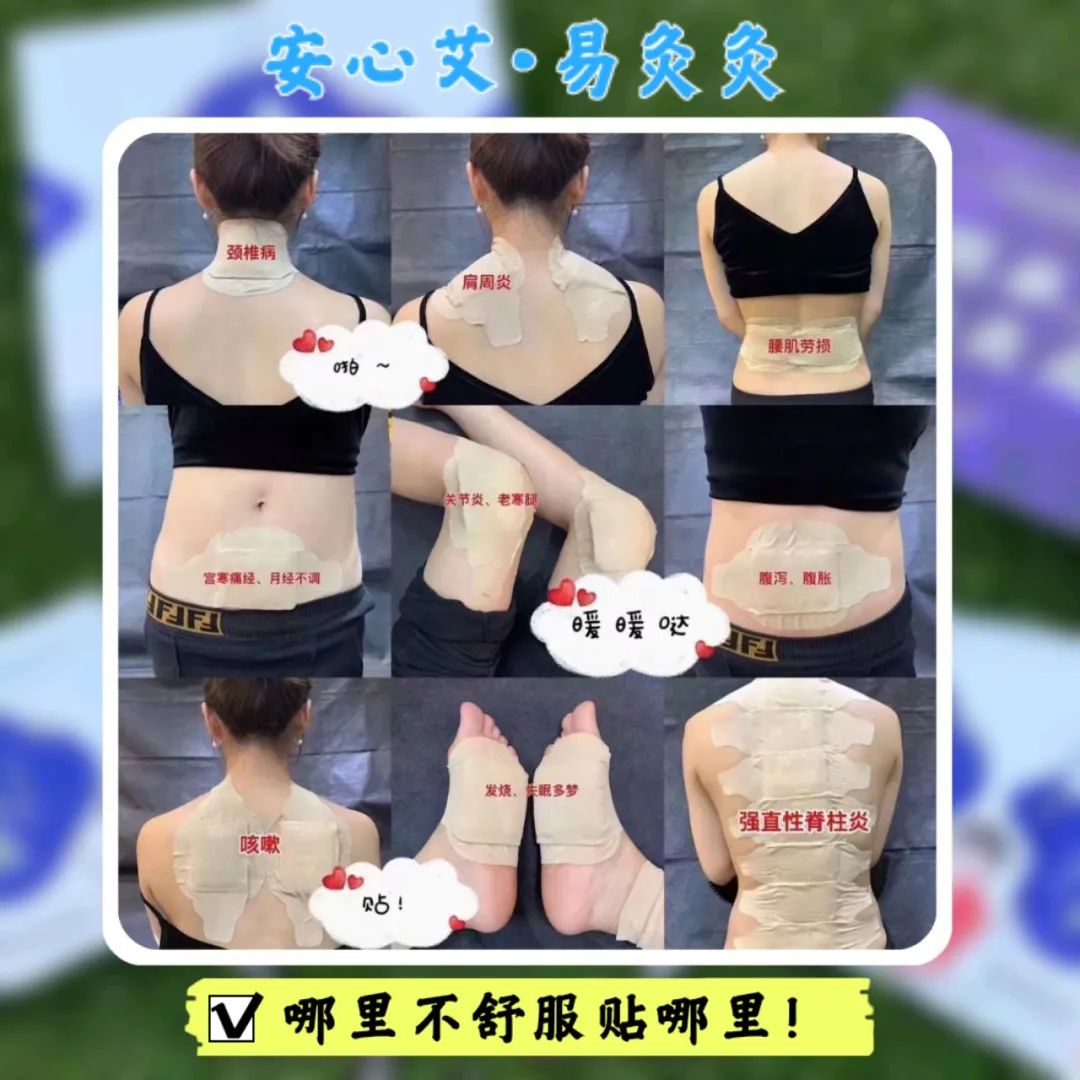As living conditions improve, there is a wide variety of delicious foods available. However, it is strange to see some children who are thin, with pale faces that lack vitality. They are shorter than their peers, have little body mass, and their hair is sparse and yellow. Even a small amount of food can lead to indigestion, and they frequently fall ill.
When parents see their children in this state, they become anxious, believing that their children are not getting enough nutrition. They desperately feed them all kinds of good food, including rich meats and various supplements, but instead of gaining weight, the children become even thinner. In fact, the apparent malnutrition is due to a weak spleen and stomach. The spleen and stomach function like the body’s “digestive factory”; if this “factory” malfunctions, the food consumed cannot be digested or absorbed. The more they try to supplement, the heavier the burden on the spleen and stomach becomes, worsening the situation.

Traditional Chinese Medicine (TCM) often states that the spleen and stomach are the “foundation of postnatal vitality” and the source of the body’s Qi and blood. The stomach acts like a “big refrigerator” that stores food, while the spleen functions like a diligent “courier” that delivers the nutrients from food throughout the body, ensuring that muscles and limbs are well-nourished.
The food we consume must first be transformed into Qi and blood before it can be utilized by the body. If there is a problem with the spleen and stomach, the body will lack nutrition. As the old saying goes: “Neglecting diet can harm the spleen and stomach.” Once the spleen and stomach are injured, various ailments arise, including fever, headaches, and general fatigue. The spleen and stomach are particularly sensitive to cold. Nowadays, many people enjoy cold foods, such as ice cream and cold beer. While they may provide temporary pleasure, these cold foods require significant effort from the spleen and stomach to process, and over time, their function will weaken. It is advisable to consume fewer cold foods and more warm dishes, and to keep the abdomen warm to prevent chilling the spleen and stomach.

Living in a damp environment can lead to an accumulation of dampness in the body, which burdens the spleen and stomach, gradually leading to their deficiency. Therefore, it is important to keep living and working environments dry to prevent dampness from affecting the spleen and stomach. Everyone has likely experienced a loss of appetite after feeling angry; when one is upset, liver function is affected, which in turn impacts the spleen and stomach, leading to bloating and discomfort. To maintain a healthy spleen and stomach, it is essential to manage emotions, reduce anger, and maintain a cheerful disposition, allowing the liver and spleen-stomach to coexist harmoniously. So how can we regulate the spleen and stomach? Moxibustion is a great method.
In TCM, the spleen prefers dryness, while the stomach enjoys warmth.Applying moxibustion to the Zhongwan (中脘), Zusanli (足三里), and Weishu (胃俞) acupuncture points can enhance spleen and stomach health and strengthen their functions.
Moxibustion involves igniting mugwort (艾草) and using its warmth to stimulate acupuncture points, which can open the meridians and allow Qi and blood to flow smoothly to various organs. Compared to drinking herbal medicine or acupuncture, moxibustion is more comfortable and easier to accept, but it requires consistency to be effective. The Weishu point is located on the back, just below the 12th thoracic vertebra, slightly to the side. This point is closely related to the stomach; frequent moxibustion can enhance stomach comfort, eliminate dampness, and aid digestion. The Zhongwan point is located on the abdomen, just above the navel. It is a key point for the stomach; moxibustion at this point can regulate stomach Qi, eliminate dampness, and relieve nausea. The Guanyuan point is in the middle of the abdomen, a short distance below the navel. It acts like a “vitality switch” in the body; moxibustion at this point can deliver the warming energy of mugwort to the lower abdomen, quickly replenishing the body’s energy. The Zusanli point is located on the front of the lower leg, just below the knee. It is an important point for regulating the spleen and stomach, and many experienced TCM practitioners emphasize its significance. There is a saying in folk medicine: “Regular moxibustion at Zusanli keeps the body as strong as an ox.”

In addition to moxibustion, there are many tips for nurturing the stomach in daily life. Avoid overeating to give the gastrointestinal tract time to rest, and ensure a variety of foods are consumed so that the body can convert food into nutrients, providing energy. Regular physical activity is also important. Young people can run or hike, while middle-aged and older individuals can enjoy square dancing or walking; exercise helps with digestion and strengthens the spleen and stomach. Additionally, maintaining a good mood is crucial. A positive mood supports spleen and stomach health. Smiling more and getting angry less is the best “nourishment” for the spleen and stomach. By paying attention to these aspects in daily life and taking good care of the spleen and stomach, the body will naturally become healthier!

